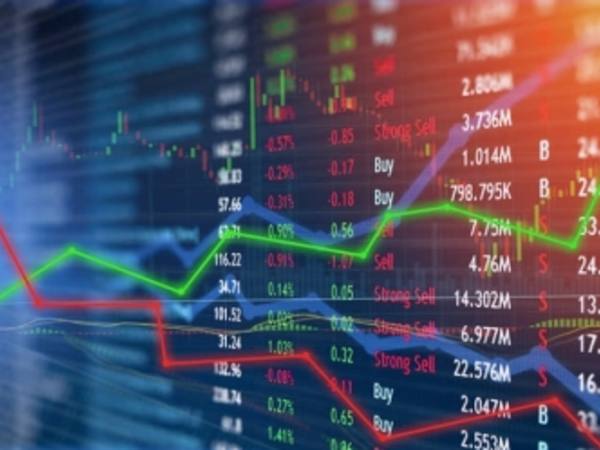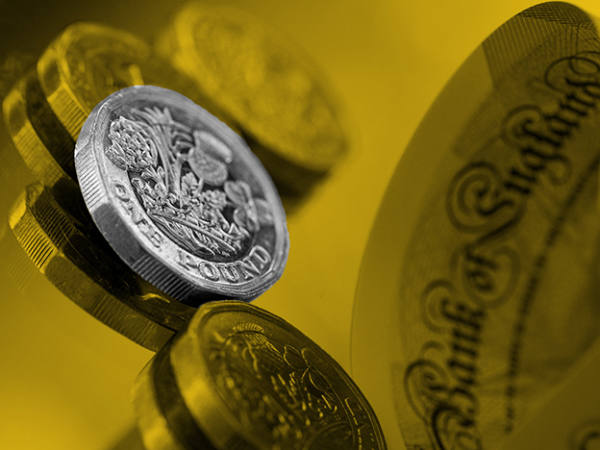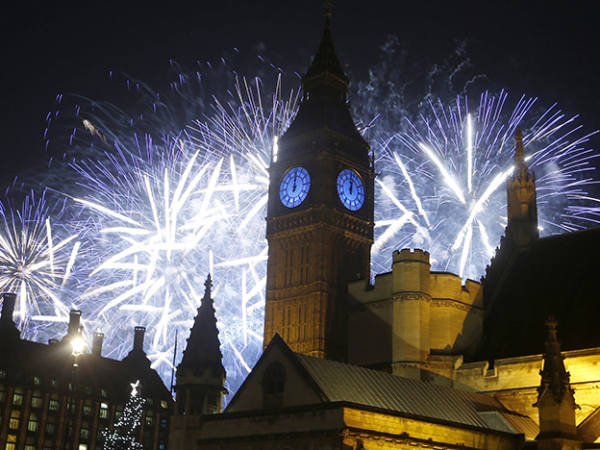Pubs and bars were struggling to make decent profits before the coronavirus arrived. It may be even harder for them to do so when they are allowed to open their doors again.
There are few long-term success stories from the UK-listed pub sector. Pub groups with a large exposure to the more affluent areas within the M25 motorway, such as Fuller, Smith & Turner (FSTA) and Young & Co’s (YNGA) have done a reasonable job for investors, while JD Wetherspoon’s (JDW) business model based on cheap drinks and cheap food could also be counted as a success until a few months ago.
For most of the time over the past 20 years the sector has been fighting battles on several fronts. These range from the threats from cheap supermarket booze and rising labour costs to the smoking ban, which have made pubs seem more expensive and less inviting places to be.
Some of its problems have been self-inflicted, such as trying to convince investors that tenanted pubs were essentially property companies and could be made more valuable by loading them up with debt. The financial crisis blew this viewpoint clean out of the water.
The rapid growth of food delivery services such as Just Eat, Deliveroo and Uber Eats means that there is even more competition for customers. The rise of so-called 'dark kitchens' where food is prepared just for delivery has created another threat to pub and restaurant chains, which are trying to woo people with a more premium eating-out experience.
The sector has also been the victim of cheap money and cheap rents. This has led to too many outlets chasing too few customers. In recent years business failures have been common, while those that have stayed in business have struggled to maintain, let alone grow, their revenues and profits.
Yet this backdrop now seems somewhat minor compared with the hammer blow dealt by the economic lockdown in response to Covid-19. With pubs and restaurants closed they currently have zero revenues, but still have costs to pay.
Even with the help from the government’s furlough scheme, the suspension of business rates, covenant waivers on their debts and some help from landlords with their rents, pub groups are burning cash. Many have asked shareholders for more money to make sure they survive or to get up and running again when more normal times come back.
Even if trading conditions immediately went back to how they were before, the per-share equity valuations of the quoted pub companies would be lower than they were. This is because they either have more debt and/or more shares in issue.
Sadly this best case scenario is not going to happen.
Social distancing is a nightmare for pub owners
By the time you read this, the government may have decided to allow pubs to open their doors at the end of this month in a limited way. This will probably take the form of being able to serve customers outdoors – perhaps in beer gardens, as long as social distancing is enforced.
This is a big problem for pubs that were struggling to make reasonable profits in normal times. Social distancing effectively slashes the capacity of pubs to service customers. Pubs do best when people are straining over the bars on a Friday and Saturday night to attract the attention of bar staff. That’s not going to happen in a world with social distancing.
If social distancing of two meters between people remains the rule then some pub landlords have estimated that this is equivalent to reducing the capacity of a bar from 100 people to as few as 25. Even one metre distancing could reduce this to 50.
Can a pub make a profit at half capacity? My guess is that it can’t. JD Wetherspoon, which is arguably the most efficient pub operator out there, reckons that it would be operating on a cash flow break-even basis if its like-for-like sales were half of what they were a year ago. This means that most other operators would be seeing cash flowing out of their businesses.
What are customers to make of social distancing in pubs?
Long queues to get served or to go to the toilet are unlikely to go down well. Even those that book in advance to have a meal may find that when they turn up the reduced seating capacity means that a pub-restaurant loses some of the ambience it may have had before.
While people will go back to pubs, it’s very likely that things aren’t going to be the same as they were before for customers and pub owners alike. For example, if more people work from home more often what does this mean for the lunchtime and after work trade? How will pubs cope with possible changes to working patterns and the impact this will have on their business models?
Can the pub industry be fixed?
The biggest problem facing the quoted pub companies is that most of their business models were not working for investors before the coronavirus. I base this view on the very poor returns they have been making on the money they had invested.
Based on their last reported balance sheet, the top five quoted pub operators had sunk over £9.5bn into their businesses and were getting back £715m in annual operating profit – a collective return on investment of just 7.5 per cent before tax. Only JD Wetherspoon with a return of 11.3 per cent could really be seen to be making anywhere near acceptable returns and it is making less than it was five years’ ago.
As for the rest, the extra money they have invested has not delivered much at all in the way of extra profits. Marston's (MARS) has managed to increase its profits by reducing the amount of money invested.
Pub companies: Incremental returns on capital invested
Company | Latest operating profit | Operating profit 5 years ago | Change | Inv cap | Inv cap 5 years ago | Change | ROCE | ROCE 5y ago | Incremental ROCE |
JD Wetherspoon | 145 | 114.9 | 30.1 | 1,279.4 | 1,003.5 | 275.9 | 11.3% | 11.4% | 10.9% |
Marstons | 178.7 | 156.1 | 22.6 | 2,368.4 | 2,424.5 | -56.1 | 7.5% | 6.4% | na |
Mitchells & Butlers | 317 | 313 | 4 | 4,467 | 4346 | 121 | 7.1% | 7.2% | 3.3% |
Fuller,Smith & Turner | 29.2 | 41.6 | -12.4 | 626.9 | 488.7 | 138.2 | 4.7% | 8.5% | -9.0% |
Young &Co's | 44.8 | 37.4 | 7.4 | 785.2 | 621.1 | 164.1 | 5.7% | 6.0% | 4.5% |
Total | 714.7 | 663 | 51.7 | 9,526.9 | 8,883.8 | 643.1 | 7.5% | 7.5% | 8.0% |
Source: Annual Reports/Investors Chronicle
After the effects of the coronavirus-induced lockdown have been felt, the profits and returns of pub companies will look even worse than they did before, and probably for a while.
Profits will recover, but will still struggle to justify the billions of pounds invested in pubs unless things change. Investors will hope that a different world will result in a more favourable playing field for those pubs that can weather the current storm.
Despite the fact that pubs are generally enjoyed by those that visit them, as far as investors in pub shares should be concerned there are too many of them. The deep recession that we are currently experiencing may actually bring about a reduction in pubs that will mean that those that remain can make higher profits in a world where social distancing is a thing of the past.
That said, pub companies will have to change as well. They will have to give up the chase for bigger pub estates and try to improve the quality of what they already have. They will have to find a business model that requires less investment because many of the so-called premium bar and eating outlets are clearly not making enough money to justify the sums of money being spent.
Wetherspoons has been doing this for the past few years with decent results and I retain my view that it remains by far the best operator in the sector with the best business model for investors. If I was forced to own one share in this sector, this would be the one. Despite its marmite status, I always admire businesses that offer value for money for customers and keep their assets well invested.
Despite this, short of a short-term share price recovery, I question why any long-term investor would want to put their money into this sector despite the hard efforts of the companies involved in it. The structure of the UK pub and restaurant sector has not been conducive to sustainable and profitable growth for some time now, and even when the lockdown ends there is nothing to suggest that anything has changed for the better.
As pubs and bars are set to reopen, Alex Janiaud asks whether they will even be profitable.











